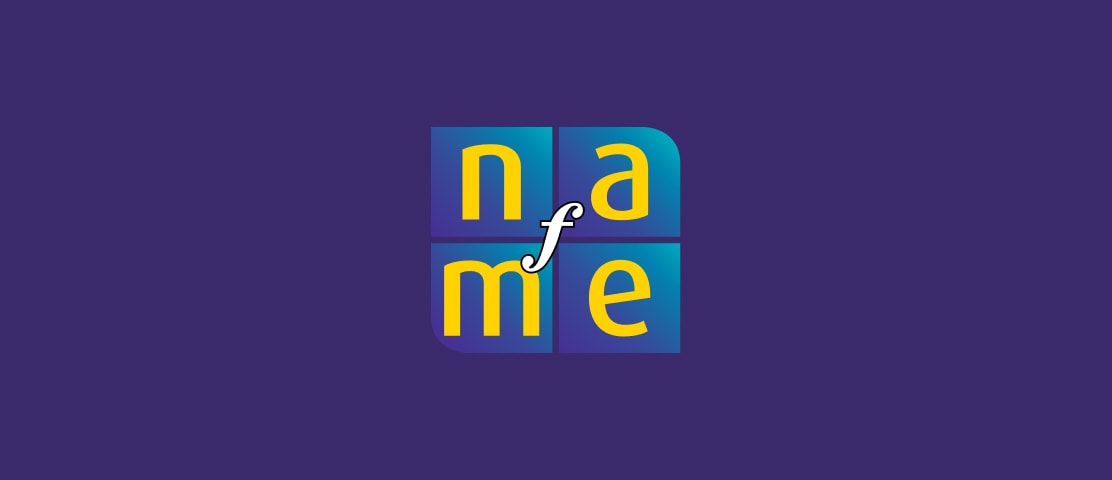/ Publications & Resources / Resource Library / Teacher Evaluation
The systematic application of student scores to teacher evaluation must be done carefully if the resulting systems for evaluation are truly to benefit our students and our schools. We urge all involved in the construction and implementation of these protocols and systems to carefully consider the importance of basing evaluation decisions on valid information. It is important for music educators and others involved in our schools to be aware of the following issues, to avert potential damage to school programs, teachers, and most of all, to students. To that end, the National Association for Music Education (NAfME) recommends the following:
1. Measures of student achievement used in teacher evaluation:
- Must be based on student achievement that is directly attributable to the individual teacher, in the subject area taught by that teacher. Student achievement measures must be used with care, ensuring that they accurately reflect a given teacher’s contributions.
- Must be based on evaluation instruments that accurately reflect the achievements they purport to measure. This implies that the evaluation instruments are used by individuals with sufficient expertise to accurately observe and interpret the outcomes under measurement.
- Must be created to evaluate the curriculum that is taught. This implies that such measures reflect national, state, and local standards and curricula and use clear criteria known to the teacher in advance.
- Must be developed and applied in the context of the number of students taught and the instructional time available.
- Must take into account, if they are based on growth models, the beginning level of achievement from which growth is expected to take place. The evaluation instrument must be capable of capturing all levels of achievement, including the very highest levels of mastery.
- Must work on a multi-year cycle to allow for appropriate professional development and growth, enabling the evaluation to meet its primary goal of helping teachers to improve their service to students.
2. Successful Music Teacher Evaluation:
- Must include a balanced, comprehensive assessment of the teacher’s contributions to student learning through multiple measures. These measures can and should collect information such as:(1) Indicators of teacher practice, such as planning and preparation (2) Indicators of the teacher’s role in maintaining a productive classroom environment (3) Indicators that instruction is designed to reach specified goals (4) Indicators of teacher contribution to the school or district, as well as to the profession of teaching at large (5) Indicators that students attain 21st century skills through instruction
- Must include measures of music student achievement along with the above indicators, as only one element of a teacher’s evaluation. For evaluation of music teachers, measurements of student achievement should include evaluation in the three general areas of creating, performing, and responding. The relative weighting of measures in these three areas should be carefully designed to be commensurate with the nature of the class taught and the express educational goals for that class.
- Must, where the most easily observable outcomes of student learning in music are customarily measured in a collective manner (e.g., adjudicated ratings of large ensemble performances), limit the use of these data to valid and reliable measures and should form only part of a teacher’s evaluation.
- Must avoid using school-wide measures other than those directly associated with music achievement. If the use of school-wide measures of attendance, dropout and graduation rates, and/or work habits is mandated, they should form a minimal part of the music teacher’s evaluation.
- Must limit observation-based teacher evaluations to those conducted by individuals with adequate training in music as well as in evaluation.
(Also available as a PDF file)
Category
- Music Education Profession
Resource Type
- Position Statement
Year Added
2011




